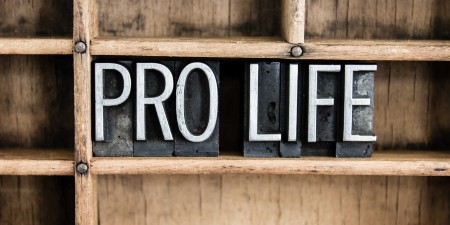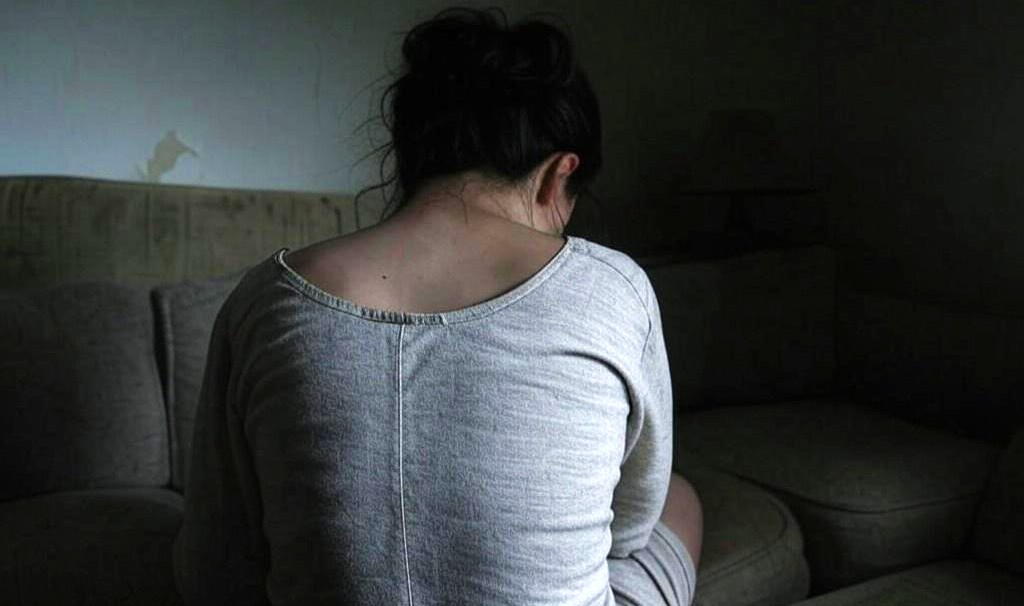Major Middle Eastern cities starting to run dry of water
FREE Catholic Classes
At least two Middle Eastern capital cities are at serious risk of running dry within the next 5 to 10 years. Cairo, Egypt, and Sana'a, Yemen are suffering from chronic water shortages. They are not the only cities in the region to have these problems, but they are the most prominent.
Highlights
Catholic Online (https://www.catholic.org)
12/13/2011 (1 decade ago)
Published in Middle East
Keywords: Egypt, Cairo, Sana'a, Yemen, water, global warming
CAIRO, EGYPT (Catholic Online) - In a city that was built by the Nile, it is difficult to imagine it ever running dry, however the threat is very real. The demands of Cairo's water supply are so great that in many parts of the city water slows to a trickle, or doesn't run at all. Most people can only get reliable water from government sources for a few hours per day.
The water situation is so bad in some parts of Cairo that when the water comes on, children stop their play and run to drink what they can.
More affluent parts of Cairo have reliable water supplies, and they use water quite liberally. Their overuse means that people in poorer districts must go without.
Perhaps the biggest factor causing the water shortage has to do with international relations. The Nile river runs through several countries before reaching Egypt, including Kenya, Uganda, and Southern Sudan. Governments under both Nasser and Mubarak neglected relations with Egypt's southern neighbors and as a consequence water rights, a sensitive, politically charged subject.
Omar Ashour, professor of political science at the University of Exeter in England says, "What we're harvesting now is decades of bad foreign policy when it comes to the central African and southern neighbors. During Mubarak's time there was the complete ignoring of development projects, of cooperation, and there was this superiority-inferiority complex reflected in foreign policy towards neighbors in the south, especially Ethiopia, Rwanda, southern Sudan and Sudan. There was this assumption that they were allies and friends during Nasser's time and that [would] remain the situation regardless of how Egypt treated them."
Today, Egypt's people are learning that this assumption is quite wrong.
In addition to political problems, scientists say that global warming and changing weather patterns are substantially contributing to drought throughout the region.
If these problems are not soon resolved, many of Cairo's residents could find themselves without water for long periods of time, and the situation could become dangerous.
In Yemen, officials are concerned that the vast majority of water consumed in that country is being pulled from underground aquifers. They claim that the aquifers are losing about 7 m of water per year. Many Sana'a residents must make a daily trek to purchase portable water for cooking and drinking. They have no reliable clean water supplies whatsoever. Such hardships might be commonplace in more rural parts of the world, but witnessing them in developed urban areas is disturbing.
Locals blame the overuse of water by farmers for much of the problem. Still, government mismanagement, drought, and waste are very much to blame.
Water is becoming an increasingly sensitive issue throughout the Middle East. Countries such as Syria and Lebanon are notorious for their wasteful policies regarding water use. Rains that fall in Syria often flow towards the sea without ever being captured and stored in reservoirs for later use. And in Lebanon, conservationists complain that there is no system in place to meter water usage. Without meters, people are far more inclined to waste the precious resource.
The ready availability of safe drinking water is no longer going to be a trivial local concern that most people can dismiss. As the drier regions of the world become even more so, and the problems exacerbating water shortages continue, the world will soon begin to hear more and more about cities running dry and people becoming desperate. The Middle East is already a dangerous and volatile region, chronic water shortages can only serve to make it more so.
---
'Help Give every Student and Teacher FREE resources for a world-class Moral Catholic Education'
Copyright 2021 - Distributed by Catholic Online
Join the Movement
When you sign up below, you don't just join an email list - you're joining an entire movement for Free world class Catholic education.
-

-
Mysteries of the Rosary
-
St. Faustina Kowalska
-
Litany of the Blessed Virgin Mary
-
Saint of the Day for Wednesday, Oct 4th, 2023
-
Popular Saints
-
St. Francis of Assisi
-
Bible
-
Female / Women Saints
-
7 Morning Prayers you need to get your day started with God
-
Litany of the Blessed Virgin Mary
A Future for Life: Introducing the Winners of the Priests for Life Pro-Life Essay Contest
-

Reflections on Pope Francis' 2025 World Day of Peace message
-

Exposing the Dark Reality of Sex Trafficking
-
Trump's Bold Geopolitical Moves: A Call for Reflection from a Catholic Perspective
-
Pope Francis Calls for Action Against Child Exploitation and Abuse
Daily Catholic
 Daily Readings for Thursday, January 09, 2025
Daily Readings for Thursday, January 09, 2025 St. Adrian, Abbot: Saint of the Day for Thursday, January 09, 2025
St. Adrian, Abbot: Saint of the Day for Thursday, January 09, 2025 Prayer for a Blessing on the New Year: Prayer of the Day for Tuesday, December 31, 2024
Prayer for a Blessing on the New Year: Prayer of the Day for Tuesday, December 31, 2024- Daily Readings for Wednesday, January 08, 2025
- St. Thorfinn: Saint of the Day for Wednesday, January 08, 2025
- St. Theresa of the Child Jesus: Prayer of the Day for Monday, December 30, 2024
![]()
Copyright 2024 Catholic Online. All materials contained on this site, whether written, audible or visual are the exclusive property of Catholic Online and are protected under U.S. and International copyright laws, © Copyright 2024 Catholic Online. Any unauthorized use, without prior written consent of Catholic Online is strictly forbidden and prohibited.
Catholic Online is a Project of Your Catholic Voice Foundation, a Not-for-Profit Corporation. Your Catholic Voice Foundation has been granted a recognition of tax exemption under Section 501(c)(3) of the Internal Revenue Code. Federal Tax Identification Number: 81-0596847. Your gift is tax-deductible as allowed by law.






 Daily Readings for Thursday, January 09, 2025
Daily Readings for Thursday, January 09, 2025 St. Adrian, Abbot: Saint of the Day for Thursday, January 09, 2025
St. Adrian, Abbot: Saint of the Day for Thursday, January 09, 2025 Prayer for a Blessing on the New Year: Prayer of the Day for Tuesday, December 31, 2024
Prayer for a Blessing on the New Year: Prayer of the Day for Tuesday, December 31, 2024

